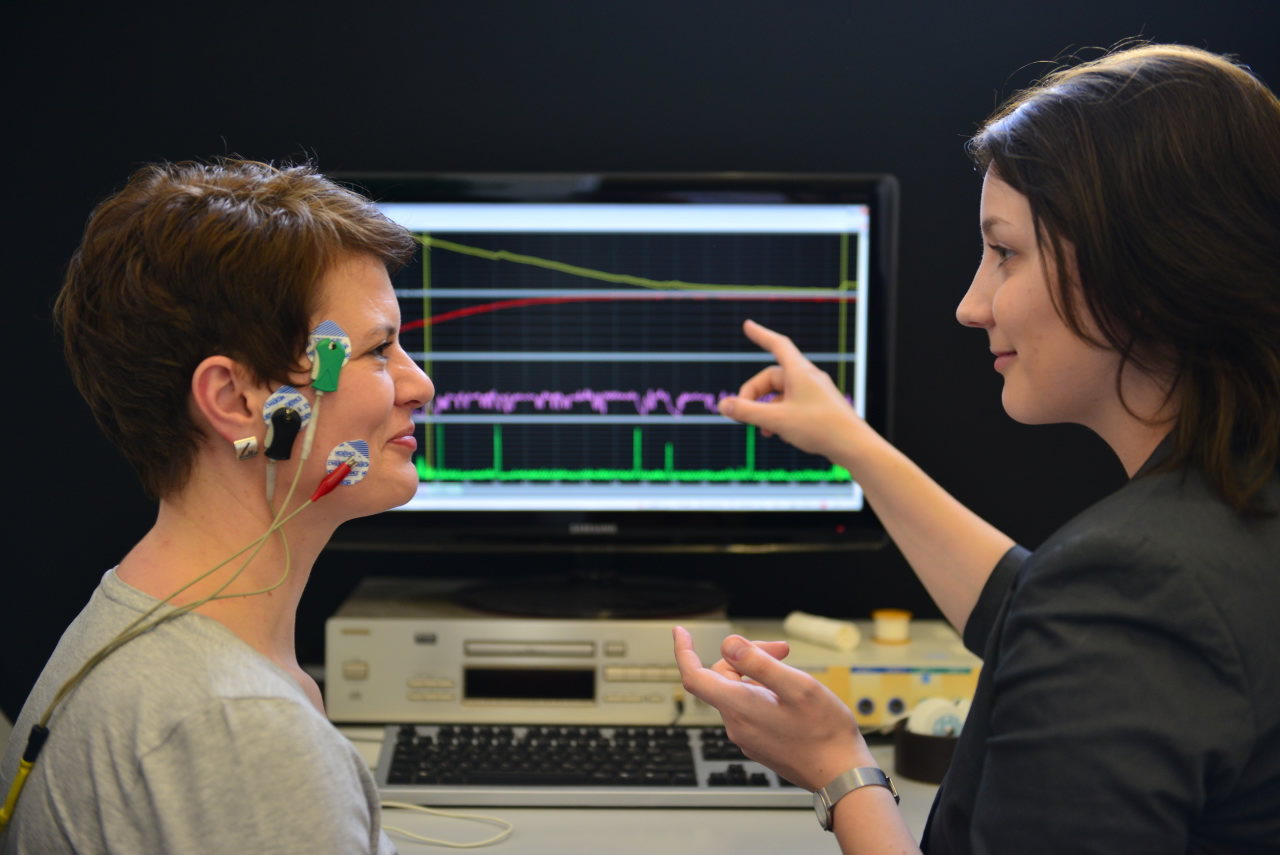Exploring How Slumber Ailments Disrupt Neural Oscillation Activity and Impact Cognitive Performance
Exploring How Slumber Ailments Disrupt Neural Oscillation Activity and Impact Cognitive Performance
Blog Article
Slumber is an crucial part of our everyday lives, enabling our bodies and minds to repose and rejuvenate. However, many individuals suffer from slumber disorders, which can considerably disrupt sleep patterns. These disorders can lead to various issues, including alterations in brainwave activity. Brainwaves are electronic impulses in the brain that reflect our cognitive state and activity. When sleep is interrupted, the normal patterns of brainwaves can be impacted, leading to problems with mental function, such as memory, attention, and judgment.
There are several types of slumber disorders, including insomnia, slumber apnea, and restless leg syndrome. Sleeplessness is characterized by trouble going or staying asleep, while slumber apnea involves pauses in respiration during sleep. Unsettled leg syndrome causes discomforting sensations in the limbs, leading to an compelling desire to move them. Each of these disorders can disrupt the normal sleep cycle, which consists of different stages, including shallow sleep, deep sleep, and REM (rapid eye movement) slumber. Each stage holds a crucial role in preserving overall brain health and performance.
When slumber disorders interfere with these stages, neural wave activity can become irregular. For example, during deep sleep, the mind generates slow delta waves, which are essential for bodily restoration and memory consolidation. If a individual experiences frequent awakenings or does not attain deep sleep, the generation of these delta waves is diminished. This can result to difficulties in acquiring new information and holding memories. Additionally, REM sleep, which is associated with fantasizing and emotional processing, is also affected. Interruptions in REM sleep can lead to problems with affective regulation and inventiveness.
The impact of slumber disorders on cognitive function is substantial. Research has shown that individuals with sleep disorders often face difficulties with focus and focus. This can influence their capability at school or work, making it difficult to finish tasks or participate in discussions. Furthermore, chronic slumber deprivation can result to mood changes, heightened stress, and even nervousness or melancholy. These cognitive and browse around here emotional challenges can create a vicious cycle, where poor sleep leads to mental difficulties, which in turn can result to more sleep problems.
Addressing slumber disorders is crucial for improving neural wave activity and mental function. Treatment options may encompass habitual changes, such as establishing a consistent slumber schedule, creating a comfortable sleep environment, and engaging in relaxation techniques. In some cases, clinical intervention may be necessary, such as using a CPAP machine for slumber apnea or pharmaceuticals for insomnia. By valuing slumber and pursuing appropriate treatment, individuals can improve their overall cognitive abilities and boost their quality of life. Comprehending the relationship between sleep disorders, brainwave activity, and cognitive function is an essential step toward improved health and well-being.